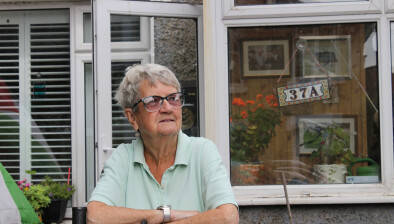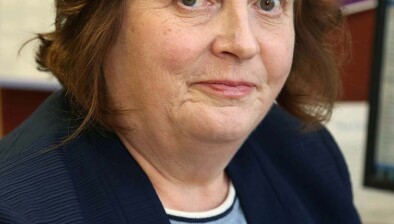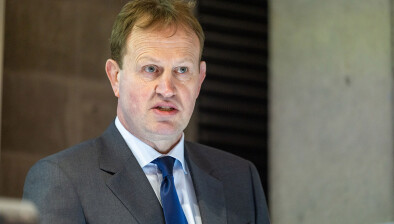Pressure on government to deal with ‘civil legal aid crisis’

Eilis Barry
FLAC has called on the government to deal with the “civil legal aid crisis” as it revealed enormous demand for its services in 2024.
The NGO’s annual report for 2024, published today, shows that its telephone information and referral line answered 11,435 queries last year, including a record high of 539 domestic violence queries.
However, the total number of calls it received during opening hours in 2024 stood much higher at 53,103, with FLAC only having the capacity to deal with around 21 per cent of these queries.
Family law remained the area in which FLAC received the most queries (3,180), with callers frequently reporting being unable to access a family law solicitor from the Legal Aid Board’s private practitioner panel despite being approved for legal aid.
Some 2,341 queries related to employment law, with a rise in queries about grievance procedures, dismissal, bullying or harassment, and discrimination.
Volunteer solicitors and barristers provided 3,731 legal advice consultations. Over a quarter of all consultations in 2024 were about employment law, an almost 14 per cent increase on the previous year.
FLAC provided legal representation to 224 people, mainly in the areas of housing/homelessness, equality/discrimination and social welfare law.
Eilis Barry, FLAC’s chief executive, said: “The overwhelming demand for FLAC’s services point to nothing less than a civil legal aid crisis.
“As a small NGO, we cannot begin to meet this demand but the ways in which we work provide a blueprint for a new era of civil legal aid in this country.
“It is incredibly difficulty to achieve change in the area of civil legal aid, due perhaps to a perception that it is about more money for lawyers.
“This ignores the very high cost of not providing legal aid to children, families and communities, and the growing body of international research that shows unequivocally that investment in legal aid saves states more money than it costs. Civil legal aid needs to be treated like the vital public service which it is.”
She continued: “There is now a unique opportunity to respond to Ireland’s legal aid crisis. The civil legal aid review group has now reported to the minister.
“The Migration Pact requires the State to introduce new forms of public legal assistance for international protection applicants, including early information and advice — both of which should be mainstreamed into all areas of the legal aid system.
“We hope that the example FLAC provides will inform the government’s response to the legal aid crisis.
“This response should include enabling and resourcing the Legal Aid Board to provide legal information and advice to address the huge unmet need for these services.
“It should also involve enabling the Legal Aid Board to provide representation in employment, discrimination, social welfare and housing cases, and the provision of dedicated and targeted legal services for disadvantaged communities including a properly-resourced national Traveller legal service and a national network of community law centres.”
The justice minister, Jim O’Callaghan, launched FLAC’s annual report this morning.
Speaking before the launch, he said: “FLAC’s professionalism and commitment to ensuring access to justice for those of limited means has made them an invaluable partner in the pursuit of a fairer and more equitable legal system.
“There has been a substantial increase in the number of calls being made to FLAC by members of the public, and my Department has endeavoured to meet this increased demand with a 12.6 per cent increase in funding to FLAC in 2025.
“The increase in calls relating to domestic violence, as highlighted in the report, is a stark reminder of the ongoing need for accessible legal information and support.
“I commend FLAC for their tireless work in supporting vulnerable members of society and reaffirming the government’s commitment to tackling domestic and gender-based violence in all its forms.”








